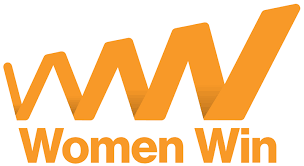
https://www.womenwin.org/win-win-strategies/wp-content/uploads/2021/01/D...
INTRODUCTION
Women’s economic empowerment (WEE) basically means enabling women to earn a decent living. It has taken on a variety of definitions and sometimes, even at the highest levels, is used without definition (e.g. the Beijing Platform for Action, or the 2017 UN High Level Panel reports on WEE). Proponents differ in defining the how and why to achieve WEE. How to tackle the wicked problems of poverty, exclusion, exploitation and gender inequality? And ‘why’? Because WEE is a right irrespective of economic context or instrumental to sustained development or simply to drive business growth? Many assume these gains can go together.
WEE has become a pressing priority in recent years, as governments, the private sector, and donor agencies recognize its potential to simultaneously catalyze economic growth and contribute to broader human development. Economically empowered women create healthier, more educated, and more productive societies, with advances in health, education and security improvements in women’s own status and proven ‘multiplier effect’ benefits for whole societies.
Despite major efforts from diverse proponents and the availability of tools and resources, progress is slow and during covid-19, WEE has lost hardfought gains. The interests of women and business (or governments) do not always coincide, and it remains challenging to change business practices that rely on the cheap labor and unpaid care work of women. The pandemic and the deepening climate crisis highlight these fragile successes, making it clear that WEE can only be sustainable if it includes a deep focus on promoting women’s economic resilience to respond to these entwined crises. This presents a unique opportunity to rethink how to ‘build back better’, by putting grassroots women at the centre.










Add new comment